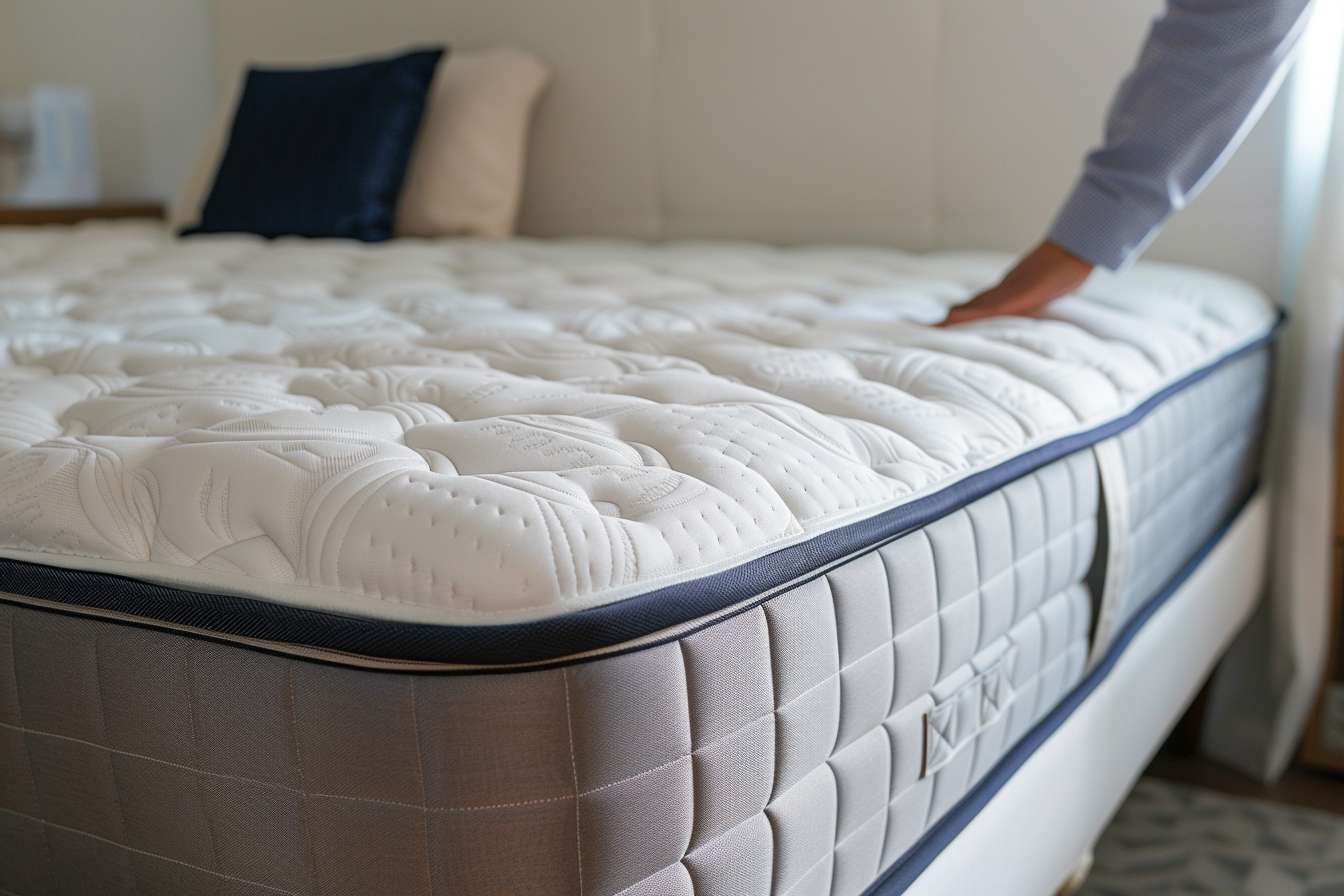Smile Restoration: Understanding Dentures and Their Impact on Oral Health
Dentures are removable dental appliances designed to replace missing teeth and surrounding tissues. These prosthetic devices play a crucial role in restoring both the function and appearance of a person's smile. For many individuals who have lost some or all of their natural teeth, dentures offer a practical solution to improve their quality of life, enhancing their ability to eat, speak, and smile with confidence.

How do dentures impact overall oral health?
While dentures primarily serve to replace missing teeth, they also play a significant role in maintaining overall oral health. By filling the gaps left by missing teeth, dentures help prevent the shifting of remaining natural teeth, which can lead to bite problems and jaw misalignment. Additionally, dentures support facial muscles, preventing the sunken appearance often associated with tooth loss. However, it’s important to note that dentures require proper care and maintenance to prevent oral health issues such as gum irritation, infections, or bone loss in the jaw.
What is the process of getting fitted for dentures?
The journey to obtaining dentures typically involves several steps and dental appointments. Initially, a dentist will perform a thorough examination of the patient’s mouth, including taking impressions and measurements. These are used to create a model of the patient’s jaw, which serves as the basis for crafting custom dentures. The dentist will then work with a dental laboratory to design and manufacture the dentures, ensuring they fit comfortably and function properly. Multiple fitting sessions may be necessary to make adjustments and ensure the dentures feel natural in the patient’s mouth.
How do you care for and maintain dentures?
Proper care and maintenance of dentures are essential for both the longevity of the appliance and the wearer’s oral health. Dentures should be cleaned daily using a soft-bristled brush and non-abrasive denture cleaner to remove food particles and plaque. It’s crucial to rinse dentures after each meal and soak them overnight in a denture-soaking solution or water to keep them moist and maintain their shape. Regular dental check-ups are also important for ensuring the dentures continue to fit properly and to address any potential issues with the gums or remaining natural teeth.
What are the alternatives to traditional dentures?
While traditional dentures remain a popular option for tooth replacement, there are alternatives available that may be suitable for some individuals. Dental implants, for example, offer a more permanent solution by anchoring artificial teeth directly to the jawbone. Implant-supported dentures combine the benefits of traditional dentures with the stability of dental implants. Another option is a dental bridge, which can replace one or more missing teeth by attaching artificial teeth to adjacent natural teeth. The choice between these options depends on factors such as the patient’s oral health, bone density, and personal preferences.
What are the costs associated with getting dentures?
The cost of dentures can vary significantly based on factors such as the type of dentures, materials used, and the complexity of the patient’s case. Below is a general pricing guide for different types of dentures:
| Type of Denture | Average Cost Range |
|---|---|
| Complete Dentures (Upper and Lower) | $1,000 - $3,000 |
| Partial Dentures | $700 - $1,800 |
| Implant-Supported Dentures | $3,500 - $30,000 |
| Economy Dentures | $300 - $500 |
| Premium Dentures | $2,000 - $4,000 |
Prices, rates, or cost estimates mentioned in this article are based on the latest available information but may change over time. Independent research is advised before making financial decisions.
It’s important to note that these prices are estimates and can vary depending on location, dental provider, and individual needs. Many dental insurance plans cover a portion of denture costs, which can significantly reduce out-of-pocket expenses. Additionally, some dental clinics offer payment plans or financing options to make dentures more accessible to patients.
Dentures have long been a reliable solution for individuals dealing with tooth loss, offering a way to restore both function and aesthetics to their smile. While they require some adjustment and ongoing care, the benefits of dentures in terms of improved oral health, speech, and confidence are significant. As dental technology continues to advance, patients have more options than ever to address tooth loss, ensuring that everyone can find a solution that fits their needs and lifestyle.






